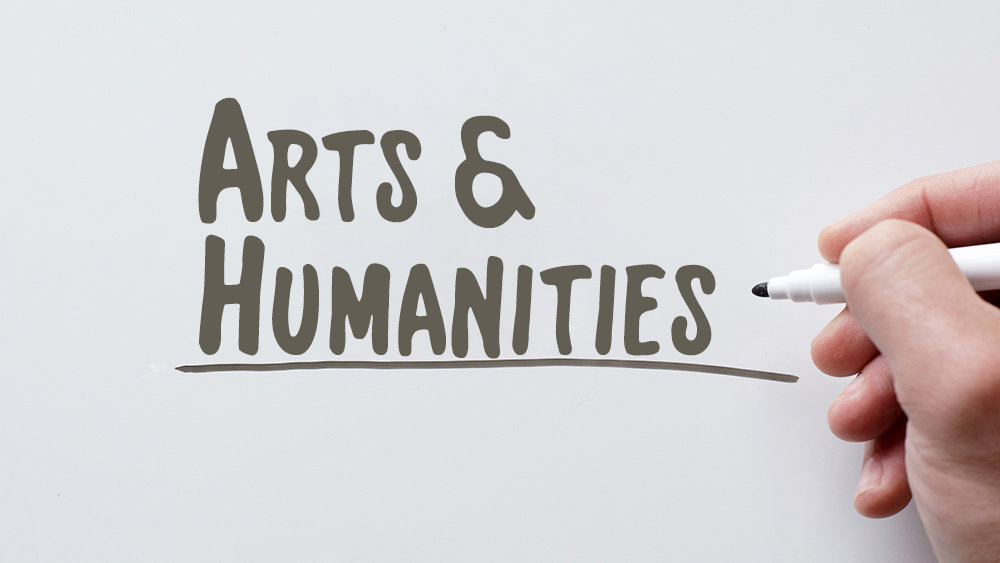Aim High! Dream Big! Set Bold Audacious Goals!
We hear this a lot. But when we examine effective goal setting, we see something that hardly ever gets mentioned.
For every dream-goal, there should be do-goals. Ok, you want to make a million dollars, or 10, or climb Everest, or be the Number One person in your company or field, garner acclaim as Teacher of the Year, or have a book of yours on a bestseller list. That's fine. And with such an aspiration, you have a dream-goal that's big and impressive but does not depend wholly on you for its attainment. It requires the free choices of others to make it happen. Are they going to buy your book in mass numbers? Will they work hard enough to match you or outperform you in your professional metrics?
A dream-goal is big and not utterly within your control. A do-goal, by contrast, is the opposite. It's within your control, to the extent that anything can be said to be. For example, you can't guarantee for yourself 5 sales today. But you can do something to help make that happen. You can set a do-goal of 20 calls to qualified referrals. Or if your dreams are literary, you can set a do-goal of writing a certain number of days a week, and averaging 3 pages a day.
In our time, we're encouraged by all the people who most want to take your money to set and announce to others impressive goals, when we really need to be setting immersive goals—goals that get us down in the weeds of everyday life, where real success gets planted and grows, through our own ministrations. So, yeah, Ok, think big and strategic, but also think small and tactical.
Make sure your goals are rooted in self knowledge, situational knowledge, and represent the right values, being good for others as well as for you. And don't neglect all the dimensions of your life outside work. Pascal taught me that we need physical goals, intellectual goals, and spiritual goals, because we live life on all three levels. Career goals are fine and important but should not be our only goals.
Just let proper goal setting be your ongoing goal.












































